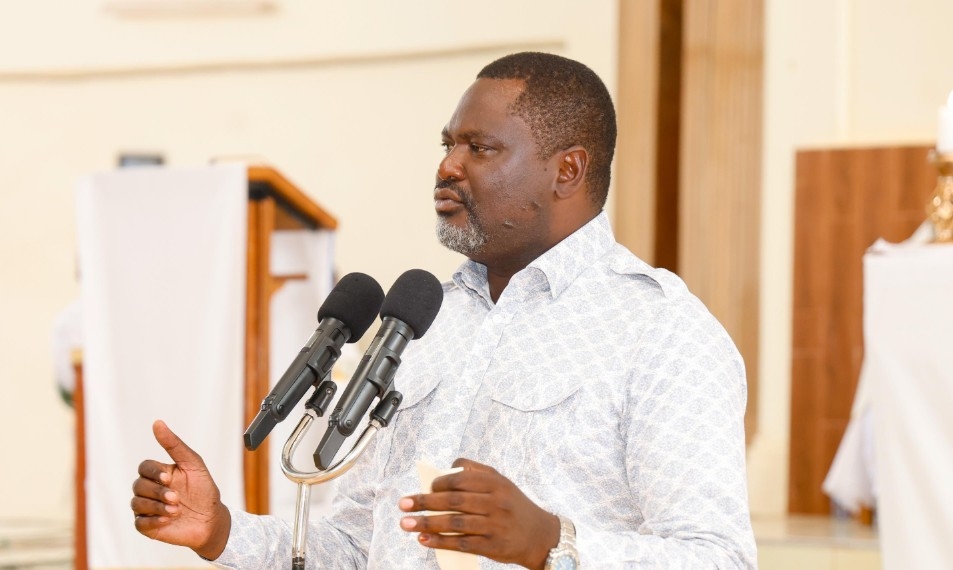Senators are pushing for establishment of public mental health facilities across the country as they opened an inquiry into the sorry state of Nairobi's Mathari Mental Hospital.
This comes in the wake of concerns over mental health cases across the country, including among members of the disciplined forces.
Recent reports indicate that as many as 13 percent of police officers are facing mental health challenges stemming from work-related issues.
The lawmakers raised a red flag that despite the increased cases, Mathari Hospital, the sole national health mental facility, has been run down and overstretched by the high number of patients seeking services.
As a result, senators have implored the government to build a similar facility in each all 47 counties to ease pressure on Mathari and cope with the high number of cases countrywide.
“The truth of the matter is that mental health facilities are so scarce. We need them in each of our 47 counties,” Majority leader Aaron Cheruiyot said.
The Kericho senator has visited Mathari several times to visit a childhood friend who was occasionally admitted there. Mathari is notorious and the senator said the situation is little improved.
“The institution continues to suffer rundown conditions, with under-investment over the years,” the vocal legislator stated.
He added, “That was more than 10 or 20 years ago. I can imagine how it looks now and perhaps it is the only known public institution.”
Cheruiyot said Kenyans upcountry or without means to access services at Mathari Hospital are undergoing untold pain and suffering due to scarcity of similar facilities.
“You can imagine what people have to do in the far-flung counties that many of us come from,” he said.
“This is a time we need to question as we speak about the changing policy and investments that need to be done in our county referral hospitals," Cheruiyot said.
In the inquiry sanctioned by Speaker Amason Kingi following an intervention by Nominated Senator Hamida Kibwana, the committee has been tasked to scrutinise the situation at Mathare.
The Senator Jackson Mandago-led committee will propose corrective measures, including devolution of the facility’s service to the counties.
“The committee should appraise the Senate on the current status of infrastructure at Mathari Mental Hospital, indicating the capacity of hospital in terms of the number of beds available,” Kibwana said.
In addition, the panel will detail plans in place, if any, to expand the hospital’s infrastructure to meet the growing demand for mental health care services.
“Indicate the staffing levels of the hospital, stating the number of qualified mental health professionals such as psychiatrists, psychologists, nurses and other essential staff currently employed,” she added.
The committee will list any challenges or gaps in staffing and measures put in place to address them for better services.
“Report on the quality of care provided at the hospital, highlighting established standards guidelines that ensure patients receive appropriate and evidence-based treatments.
The committee report will highlight the challenges encountered in providing quality care to patients and the actions taken to address and identified issues.
The inquiry will disclose the budget allocation and recommend funding.
“The committee should recommend measures to strengthen mental health services, including the establishment of additional mental health facilities,
It will also give recommendations on the integration of mental health services into primary health care, and the establishment of community-based support systems for mental health care.












![[PHOTOS] Ruto present as NIS boss Noordin Haji's son weds](/_next/image?url=https%3A%2F%2Fcdn.radioafrica.digital%2Fimage%2F2025%2F11%2Ff8833a6a-7b6b-4e15-b378-8624f16917f0.jpg&w=3840&q=100)




